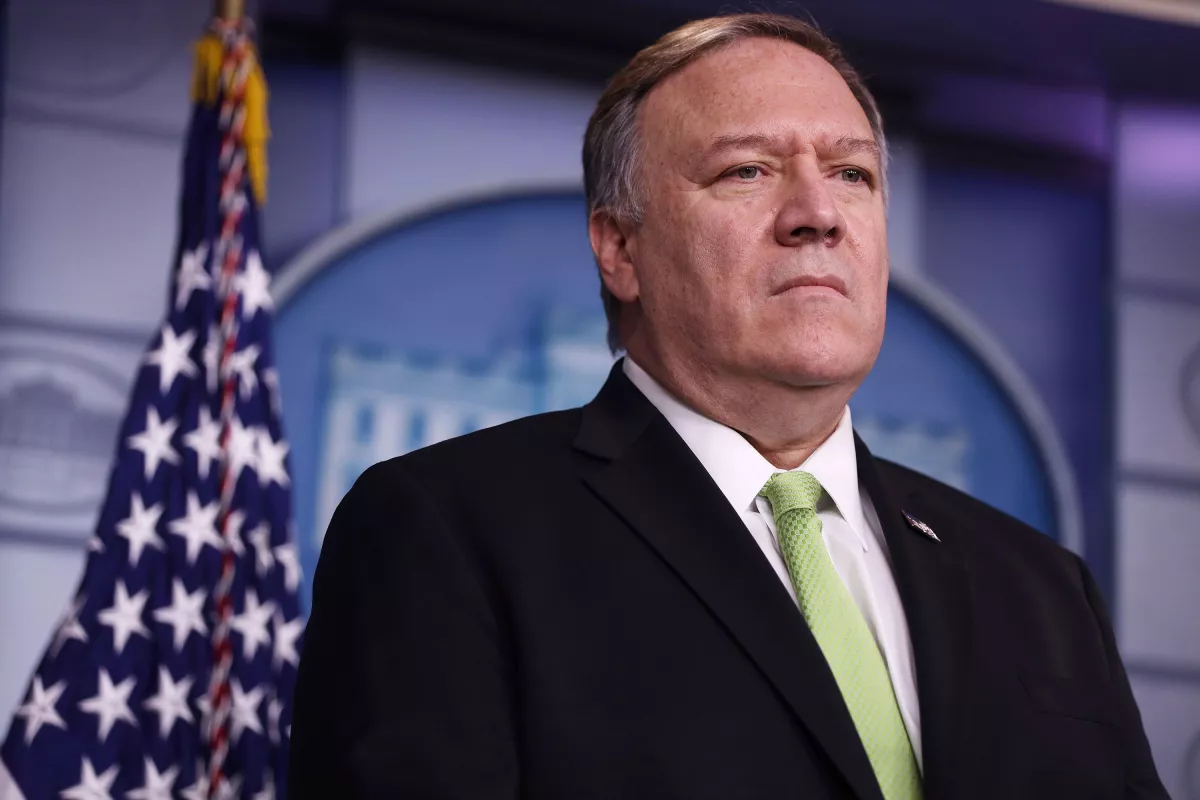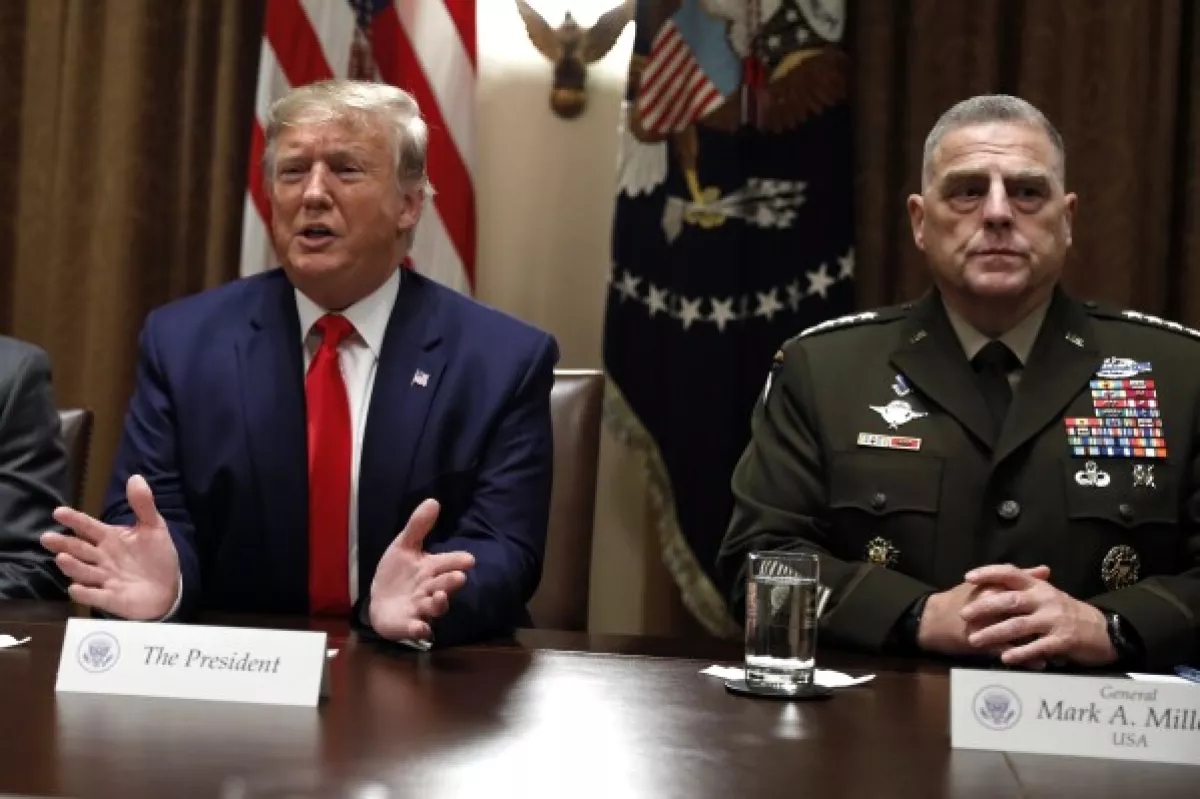What precedent does Trump's removal of protection set for future government officials? Iran’s “hit list” in retaliation for Qassem Soleimani
A growing number of Republican US lawmakers are still concerned by President Donald Trump’s decision to remove security details from former national security aides that he had a falling-out with, particularly as intelligence briefings seem to indicate that they remain on Iran's "hit list" with threats against them persisting. They are scrambling to find a way to persuade Trump to reverse his decision, not only for their sake but to assure future governmental officials of their safety after serving in the administration.
The issue was discussed at a recent Senate GOP policy lunch, as Politico reports, where several senators agreed that withdrawing security details was a misguided move that could have long-term national security repercussions. However, they struggled to determine an effective approach to convince Trump, according to two attendees who spoke on condition of anonymity.
Since taking office, Trump has revoked security details from four former aides whom the US intelligence community believes are targeted for assassination by Iran. Additional former officials under threat could also lose their protection.
The Iranian threats primarily stem from Trump’s 2020 decision to kill Qassem Soleimani, the Commander of the Islamic Revolutionary Guard Corps (IRGC) wing overseeing foreign operations, the Quds Force. While this move significantly weakened Tehran, the article states that it also enraged the Iranian government, prompting it to seek revenge against Trump and roughly a dozen senior US officials associated with the strike. Trump himself was the target of a thwarted Iranian assassination plot in the summer of 2024, with prosecutors having charged several suspects.
Convincing Trump to reconsider is particularly difficult because he has personal animosities toward two of the officials who lost their security protection: former National Security Adviser John Bolton and retired General Mark Milley, former chair of the Joint Chiefs of Staff. Trump has also had conflicts with former Secretary of Defense Mark Esper, who, for now, still retains his security detail.
As a result, Republicans are focusing their efforts on advocating for the two officials who remained loyal to Trump—former Secretary of State and CIA Director Mike Pompeo and Brian Hook, the former State Department special representative for Iran. Despite this distinction, the article's authors believe that all four officials remain equally vulnerable to Iranian-backed assassination attempts.

Another key concern among Republicans is the precedent this decision sets for current and future national security personnel serving in Trump’s administration. According to Politico, should officials believe the government will not protect them after implementing hardline policies, they may hesitate to give candid advice or execute controversial orders. A senior Republican Senate aide warned, “If current and future officials worry the government won’t have their back, it could have a chilling effect on the advice they give the President or their willingness to execute lawful orders.”
While Hook was involved in Trump’s transition team’s State Department planning, he did not continue in the administration post-election. Trump also announced in November that Pompeo would not be part of his new administration, yet neither has publicly opposed him.
Conversely, Trump has openly criticized Bolton, whom he fired, accusing him of leaking sensitive information in a memoir. The article recalls that Trump has also lashed out at Milley, particularly after Milley apologized for his role in clearing protesters outside the White House in 2020. Trump has gone as far as suggesting that Milley committed treason. Even after his exit from the Trump administrtion, their relations only worsened, torpedoing when Milley was quoted as calling Trump a “fascist to the core,” and siding with Democratic candidate Kamala Harris in the run-up to the presidential election.

Bolton and Milley’s strained relationship with Trump makes their reinstatement unlikely. “They are likely a losing fight,” admitted a GOP Senate aide when asked why Republicans are less vocal about their cases.
Bolton recently expressed hope that his security detail would be restored but acknowledged he had not reached out to lawmakers for support. He criticized Trump’s decision, stating, “It’s okay if you remove protection from somebody who’s been critical [of Trump], but, my goodness, to remove protection from somebody who’s not been critical — I think what it shows is you can’t kiss Donald Trump’s ring enough.”
In the aftermath of the decision, Trump told reporters that former officials should not expect lifelong security protection. When asked whether Trump was reconsidering his decision or would offer a more detailed explanation, National Security Council spokesperson Brian Hughes did not directly address the issue. Instead, he warned that Iran would face “devastating consequences” if it targeted an American while Trump remains in office.
By Nazrin Sadigova








